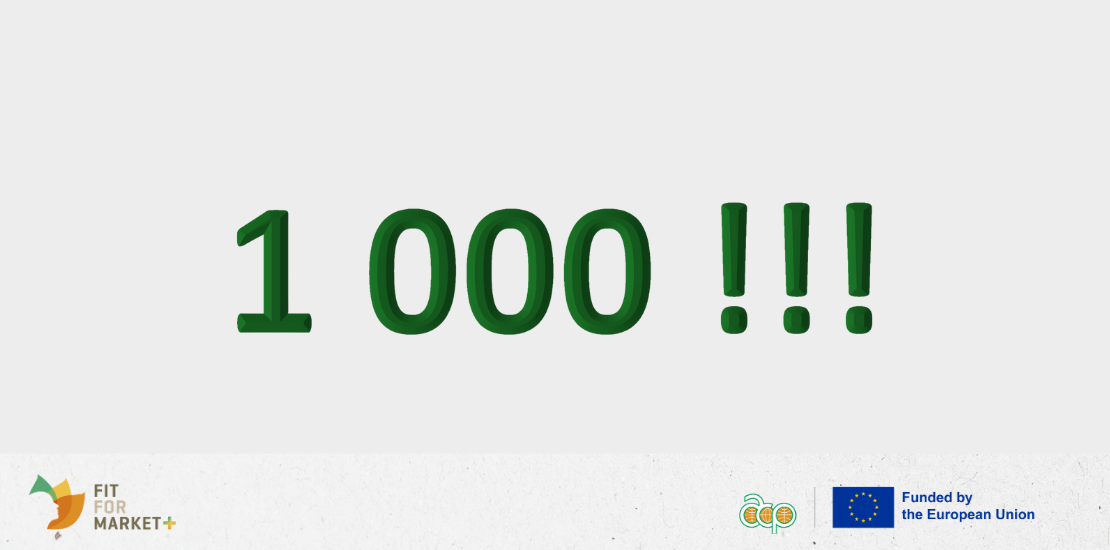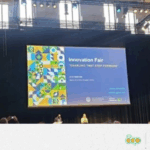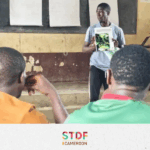- 29/10/2024
- Posted by: Sandra Borma
- Category: News

Registration of the 1,000th application received under the FFM+ programme
We are thrilled to announce the milestone achievement of receiving the 1000th application for support through the FFM+ programme. This request exemplifies the growing impact of the programme, which continues to play a crucial role in providing technical assistance and fostering inclusive and sustainable growth in the agricultural sector of the member countries of the OACPS, particularly those in sub-Saharan Africa.
The 1000th request was made by a small, emerging agricultural company from Senegal. What makes this moment particularly significant is that this company, like many others in similar positions, had never previously benefited from COLEAD’s support. This highlights one of the core objectives of the FFM+ programme: to extend the reach to those who are new to COLEAD’s network, thereby ensuring that smaller enterprises, which often face numerous challenges, can access the technical expertise they need to grow and thrive.
The company in question, established in 2023, operates a small farm dedicated to horticulture and agroforestry in Senegal. With a team that includes female leadership and a commitment to sustainable practices, this young enterprise embodies the kind of innovative spirit that the FFM+ programme seeks to support. Through this intervention, the company will be supported in upholding international standards, enhancing its capacity through training, and addressing key challenges such as equipment needs and resource management.
Reaching this milestone demonstrates not only the trust and reliance that businesses in member countries of the OACPS place in the FFM+ programme but also the programme’s ability to connect with those who need it most. COLEAD remains committed to supporting small agricultural enterprises across the member countries of the OACPS, empowering them to overcome barriers and scale their operations sustainably.
This activity is supported by the Fit For Market Plus (FFM+) programme, implemented by COLEAD within the Framework of Development Cooperation between the Organisation of African, Caribbean and Pacific States (OACPS) and the European Union. This publication receives financial support from the European Union and the OACPS. The content of this publication is the sole responsibility of COLEAD and can in no way be taken to reflect the views of the European Union or the OACPS.





